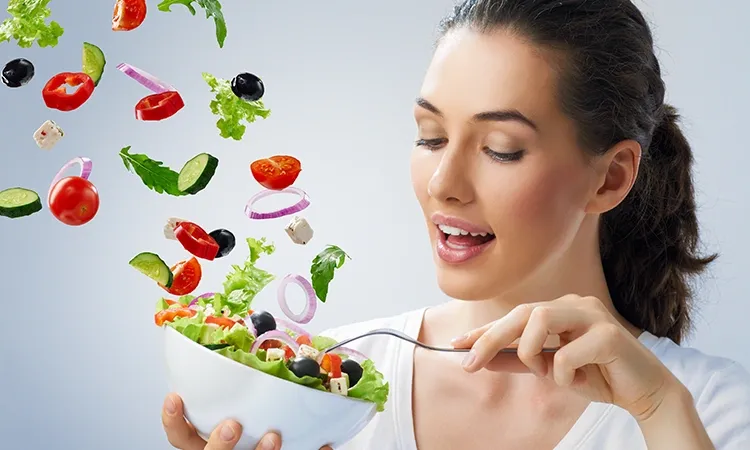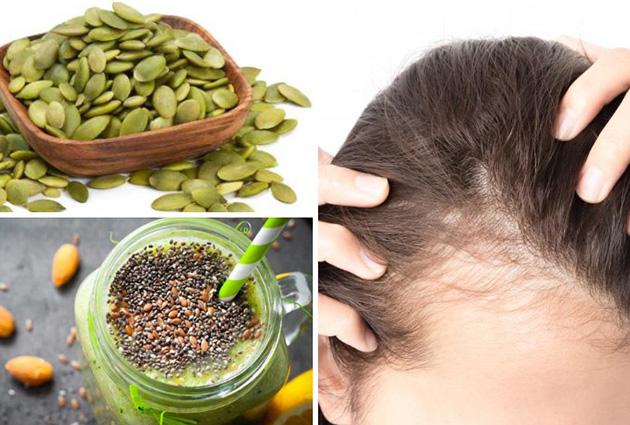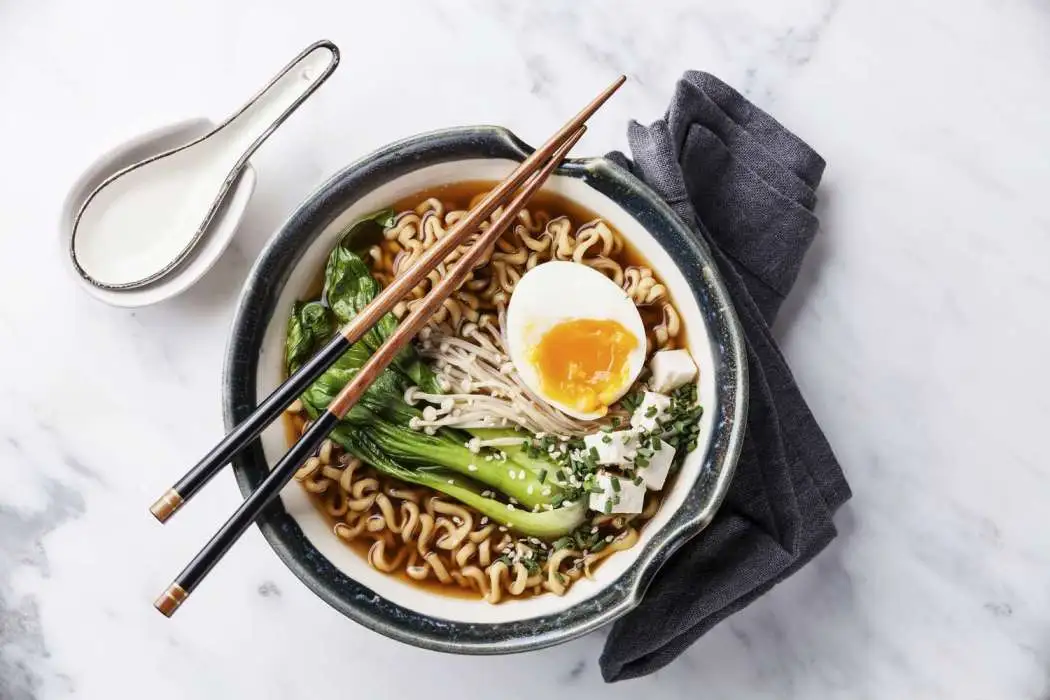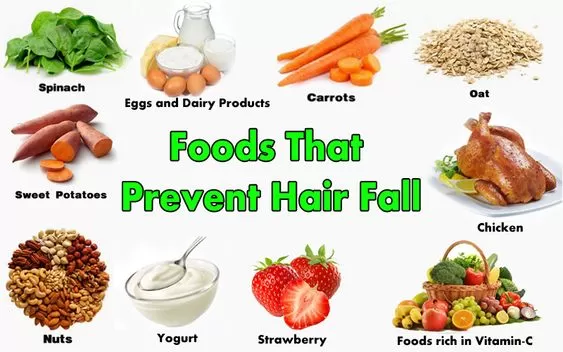Hair loss is a common concern for people of all ages and genders. Whether caused by genetics, stress, hormonal changes, or nutrient deficiencies, one thing is certain—what you eat has a significant impact on the health of your hair.
While there's no magic food that guarantees overnight regrowth, a well-balanced diet rich in key vitamins and minerals can strengthen hair, promote growth, and reduce shedding. In this blog, we’ll explore the best foods to stop hair loss, how they work, and how to incorporate them into your daily meals for naturally stronger, fuller hair.
Have you ever pondered how common the issue of hair drop is? And what causes it? Well, Hair drop can influence everyone, notwithstanding of age, weight, or sex. Generally 40% of ladies encounter hair drop by 30 whereas men can involvement it in their mid 20's since of the male design hair loss. Causes of hair misfortune in ladies can shift counting hormonal changes, push, and dietary insufficiencies.
What Is the Best Foods to Stop Hair Loss?

Have you ever thought around what happens if you go bare? And if yes at that point what nourishments to incorporate in your count calories to anticipate hair drop? Hair drop is generally caused since of supplement deficiencies.
Read Also: Easy Mexican Street Food Appetizers That Impress in Under 20 Minutes
Eating nourishment tall in supplement esteem can anticipate thinning up top and can offer assistance in common scalp advancement. Nourishment that avoids hair fall in men like eggs, green serving of mixed greens, angle, and so on to dodge hair misfortune and advance hair growth.
Hair drop can be a genuine issue in men amid their 20s and 30s in any case related maturing sexual issues in men can too contribute to hair drop. But, dietary changes can have an impact. In this web journal, we have recorded 30 nourishments to eat to halt hair drop in men!
Top 10 Best Foods to Stop Hair Loss 2025

1. Eggs – Protein and Biotin Powerhouse
Eggs are rich in protein, which is a fundamental building block of hair. Hair follicles are mostly made of keratin, a type of protein, so a protein-rich diet supports stronger hair growth. Eggs are also an excellent source of biotin, a B-vitamin essential for keratin production. Biotin deficiency is often linked to hair thinning and loss.
How to Eat It: Boiled, scrambled, or as part of a breakfast omelet with veggies. For variety, consider adding a poached egg to a quinoa bowl or salad.
2. Spinach – Iron and Folate for Follicle Support
Iron deficiency is one of the leading nutritional causes of hair loss, particularly in women. Spinach is loaded with iron, folate, and vitamin C, which helps the body absorb iron more effectively. These nutrients boost red blood cell production, improving oxygen flow to the scalp and strengthening hair follicles.
How to Eat It: Blend into green smoothies, sauté with garlic, or add to omelets, curries, or pasta dishes.
3. Fatty Fish – Omega-3s for Scalp Health
Fish like salmon, mackerel, and sardines are rich in omega-3 fatty acids, which nourish the scalp, reduce inflammation, and keep hair thick and shiny. They also contain vitamin D, which may help stimulate dormant hair follicles.
How to Eat It: Grilled salmon with lemon and herbs, sardines on whole grain toast, or a tuna salad with avocado for a double dose of healthy fats.
4. Sweet Potatoes – Beta-Carotene for Scalp Nourishment
Sweet potatoes are high in beta-carotene, which the body converts into vitamin A—a nutrient vital for cell growth, including hair cells. Vitamin A also helps produce sebum, the oily substance that keeps your scalp moisturized. From Tacos to Bao: The Worlds Tastiest Foods You Can Eat with One Hand.
How to Eat It: Baked sweet potato fries, mashed sweet potatoes, or roasted with olive oil and rosemary.
5. Nuts and Seeds – Zinc and Vitamin E for Growth
Almonds, walnuts, flaxseeds, chia seeds, and sunflower seeds are great sources of zinc, vitamin E, and selenium. These nutrients protect hair from environmental damage and support scalp health. Zinc deficiency has been directly linked to hair loss, particularly telogen effluvium, a common type of shedding.
How to Eat It: Add to smoothies, sprinkle over salads or oatmeal, or snack on a small mixed handful daily.
6. Berries – Antioxidant-Rich Superfood
Berries like strawberries, blueberries, and blackberries are high in vitamin C, an antioxidant that helps produce collagen, a protein that strengthens hair and improves elasticity. Vitamin C also improves iron absorption, which is crucial for people with iron-deficiency hair loss.
How to Eat It: Fresh as a snack, in yogurt parfaits, or blended into smoothies.
7. Greek Yogurt – Protein and Vitamin B5 (Pantothenic Acid)
Greek yogurt is a rich source of protein and vitamin B5, also known as pantothenic acid. This B-vitamin improves blood flow to the scalp and helps maintain healthy hair roots.
How to Eat It: Enjoy with fruit and nuts for breakfast, use as a base for smoothies, or mix with cucumber and herbs as a dip.
8. Avocados – Vitamin E and Healthy Fats

Avocados are packed with vitamin E, an antioxidant that improves circulation to the scalp, promotes hair growth, and balances oil production. They also contain monounsaturated fats that keep hair hydrated from the inside out.
How to Eat It: Spread on toast, mix into salads, or blend into a creamy avocado smoothie.
9. Beans and Lentils – Plant-Based Iron and Protein
For vegetarians and vegans, beans and lentils are excellent sources of protein, iron, zinc, and biotin. These nutrients all contribute to stronger, healthier hair strands.
Related Article: The Best and Easy Vegan Banana Bread Recipe
How to Eat It: Include in soups, stews, or as a base for veggie burgers or grain bowls.
10. Carrots – Vitamin A for Root Strength
Carrots are high in vitamin A, which helps in the production of sebum and promotes hair growth by nourishing hair follicles.
How to Eat It: Raw as a snack, roasted as a side dish, or juiced with a mix of greens and fruit.
Bonus Tips: Hydration and Lifestyle Matter Too
While food is a key part of preventing hair loss, overall lifestyle plays a big role. Here are some additional tips:
- Stay hydrated: Water keeps your scalp and hair hydrated.
- Reduce stress: Chronic stress can lead to hair shedding.
- Sleep well: Proper rest supports healthy hormone levels and repair.
- Avoid crash diets: Sudden calorie deficits can shock the system and cause hair thinning.
Final Thoughts
Hair health starts from within. While topical treatments and haircare routines have their place, nourishing your body with the right foods is the most sustainable way to prevent hair loss and encourage regrowth.
By adding these nutrient-dense foods to your daily diet, you’re not only feeding your hair—but also supporting your overall well-being. Have you tried any of these hair-healthy foods? What’s your favorite way to incorporate them into meals? Share your tips in the comments!









